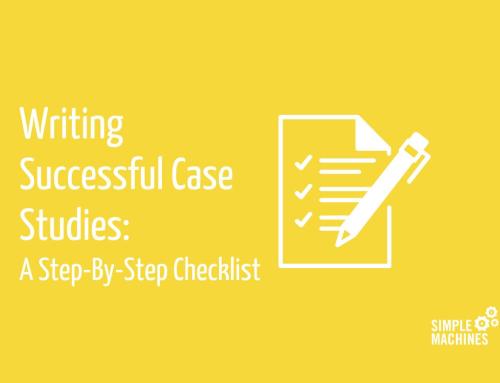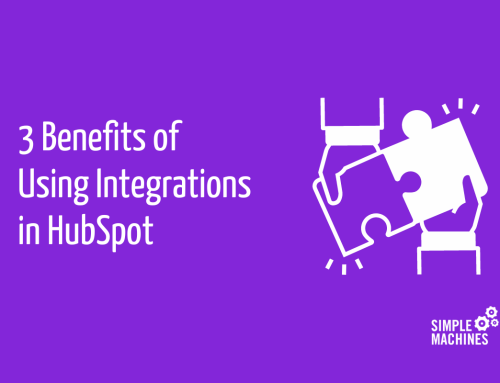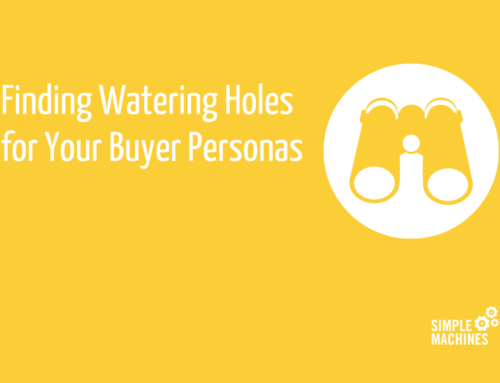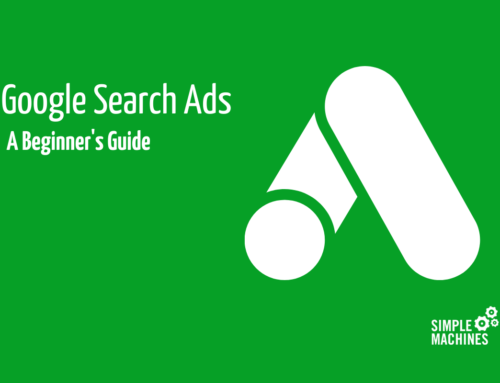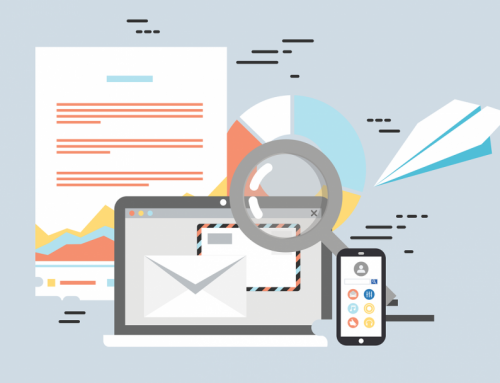If you follow this blog regularly (hi Mom), you know we’ve covered marketing automation quite a bit. We’ve walked through considerations like what to expect when getting started with HubSpot and provided some tactical help like lead scoring best practices and how to troubleshoot nurture workflows
If it’s not apparent yet, we like marketing automation. But while most of our clients use and benefit from automation, it’s not for everyone.
So how do you know if your business actually needs it in the first place? First, make sure you know what marketing automation is and what it isn’t. Then, consider whether the following signs sound familiar.
Signs You Need Automation
Here are a few signs your business would benefit from marketing automation.
You:
- Have a website that isn’t generating many leads
- Have a big contact list but you’re not sure how to effectively use it
- Have a long and complex sales cycle
- Have a sales team that’s short on data and content to draw on for nurturing leads
- Aren’t sure where your leads are coming from
- Are struggling to segment, prioritize and close leads that you’re generating
- Are using several different platforms to execute your marketing
- Spend a cumbersome amount of time manually creating and sending emails and follow-ups
- Notice a disconnect between sales and marketing
- Aren’t sure what kind of content your audience wants
- Have a lot of good content that’s not getting leveraged
Signs You May Not Need Automation
On the other end, here are a few signs marketing automation may not be a good fit for your business in its current state.
You:
- Have a short, transactional sales cycle and customers that don’t require much nurturing
- Aren’t looking to grow your contact database
- Don’t have the resources to create quality content, analyze results and make improvements
- Are only looking for short-term tactics and are not invested in long-term growth
- Are intending to send a high volume of mass emails to purchased lists (don’t do this — it’s rarely effective for anything except annoying people, will cripple your email delivery rate and may even lead to some heavy penalties)
Nice-to-Have or Need?
If the second list resonated more than the first and this just further confirmed that you don’t need marketing automation, I’m glad I could help clarify that for you. Thanks for coming!
Still here? Great. Now, if the first list sounded familiar, but you’re not yet at the breaking point where you can no longer manage tools manually to stay on top of leads and customers, you may still be on the fence. Automation software is an investment, and maybe you’re thinking that while it would be nice to have, you’re not sure it’s enough of a need to justify the cost at this point.
I appreciate that it can be tough to figure out the math on this, but a good place to start is to calculate your customer lifetime value. By determining how much you can spend on new customer acquisition to remain profitable, you can strategically set your budget.
If the answer is still unclear, here’s something to consider. When used properly, automation isn’t just a tool to help you churn out more marketing content faster; it also makes your marketing and sales efforts more targeted and personalized, helping you close more leads and create a better line of sight to your ROI.
As more and more companies invest in automation — and more and more are doing just that — it becomes increasingly crucial to have the tools that allow you to really understand your buyers, your sales funnel and the levers that are driving revenue (and which warrant more investment). This isn’t to say automation is a silver bullet — and tactics will never replace good strategy — but technology is continuing to raise the bar for what it requires to stay competitive.
So, while it might seem just nice to have now, consider what your market landscape might look like in six months, a year, or even three years from now. What expectations will your audience have for personalized, immediate and contextual communication? What technology will your competitors be using? Will you need it then? If so, how much will you have to play catch-up if you’re starting from scratch?
Looking ahead, if there’s a good chance that marketing automation will help you connect with customers, scale your business and stay ahead of the competition, it’s an investment worth making.



